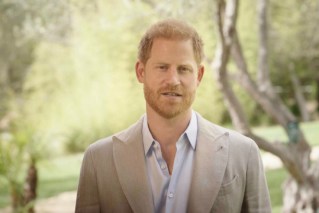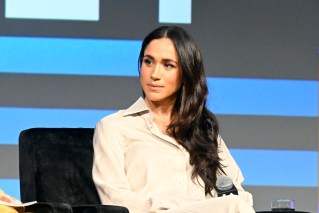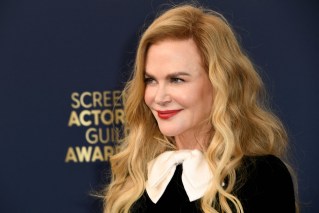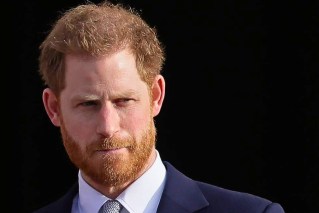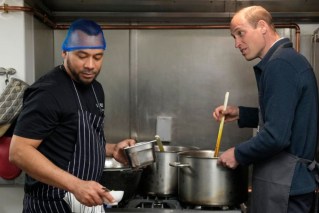‘Explant surgery’: Why more and more women are deciding less is more
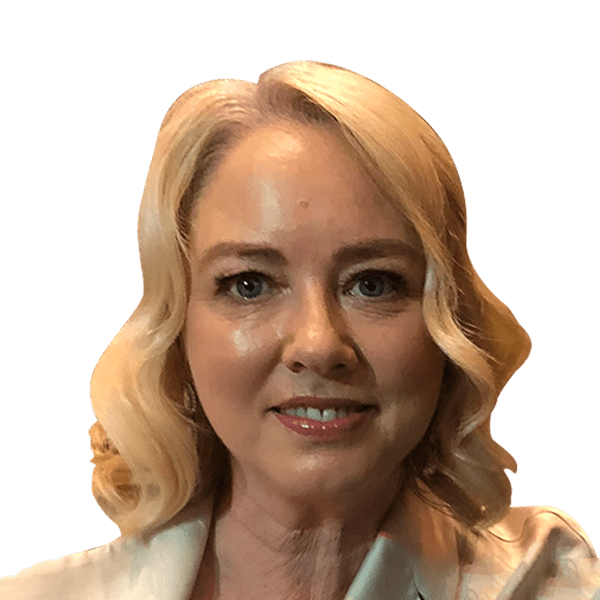
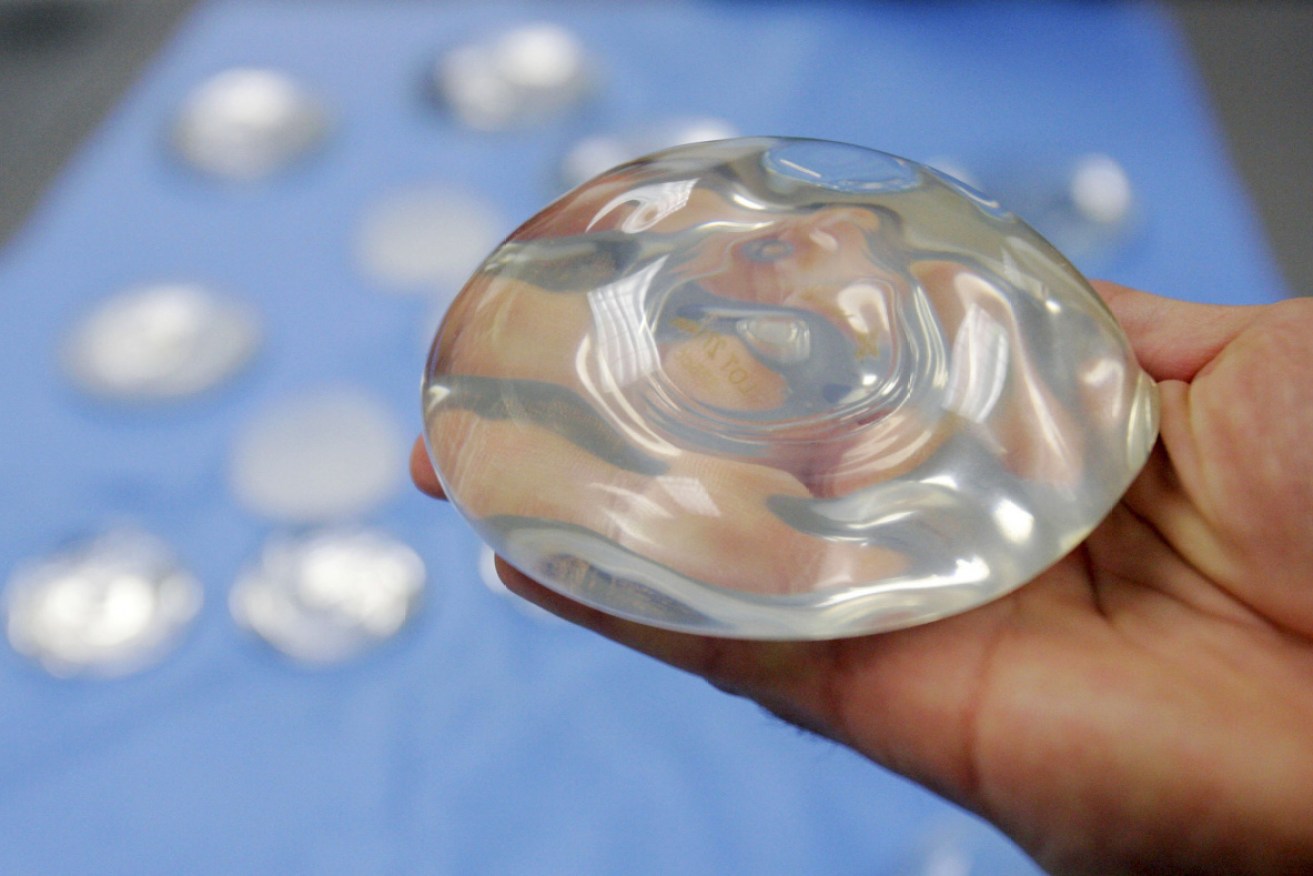
Breast implants are not as popular as they were in the 1990s. Photo: AAP
Over the past few years there has been a growing trend of candid celebrity revelations – not divorce, pregnancy or their next project – but about the decision to have their breast implants removed.
The procedure is known as “explant surgery”, and several high-profile stars have been sharing their stories on social media.
They say they’re “over” the implants and want “natural boobs”, or need to remove them for health reasons, citing ruptures as well as debilitating posture and aches and pains.
Most recently, Australian reality TV star Ali Oetjen (SAS Australia, The Bachelorette), opened up to News Corp’s Body+Soul on August 16 about her decision.
Now a yoga and meditation teacher, Oetjen was a G-cup in her 20s after a former boyfriend reportedly persuaded her to get implants.
She had them replaced with D-cups and said: “They were massive and I hated them. I hated the thought that women were judging me for them, and I knew in my soul it was the wrong decision and one that didn’t make me happy.
“When I broke up with that boyfriend, I had actual physical baggage on my body and wanted to get them off me, and make them smaller and less noticeable.”
US model and television presenter Chrissy Teigen, 35, 2009 Miss Universe Australia Rachael Finch, 33, and High School Musical‘s Ashley Tisdale, 36, have also had explant surgeries.
All for very different reasons.
And there’s also another cohort who have shared their stories of painfully large breasts (without implants) and their desire for less “heavy boobs”, notably Modern Family’s Ariel Winter, 23, and Crazy Ex-Girlfriend star Rachel Bloom, 34.

Oetjen said her implants “impacted on my back and stomach muscles, and to this day I still have a slouch because of the way I stood”’. Photo: Instagram
More implants, more explants
President of the Australian Society of Plastic Surgeons, Dr Dan Kennedy, told The New Daily there was a “considerable increase in demand for explantation” due to the number of women who opted for the surgery back in the 1990s right up until 2010.
He says the reasons include the ageing of implants over time, a general increase in breast size due to significant weight gain, and women’s awareness of associated health issues.
“The one I see much more commonly, [is that] quite a number of women who’ve had their implants put in 20 years ago – when they were an A-cup and weighed 49 to 55kg.
“Twenty years on, they’ve gone up really substantially in weight (80kg not a stretch, he says), and their breast has commensurately enlarged over the top of the implant and they’ll frequently say I don’t need that implant any more.”
He said the “bigger pool” of women with implants “results in an increase rate of explantation, whether it be for rupture, whether it be for encapsulation, dissatisfaction or fear of illness or anaplastic large cell lymphoma (ALCL), a type of cancer (not a common concern)”.
On top of this, the trend over the past 20 years has been towards larger breast implants, which tend to have higher levels of discomfort.
“If you look at the average size that was placed in the ’80s and ’90s, it was roughly 200-250 ccs [volume]. From 2000, there was a tendency where the average went up to 350 [ccs in volume] and then it went even higher,” Dr Kennedy said.
“The bigger the implant, the more the general discomfort, the more the associated aches and pains, the more effect on your shoulders, your back, your exercise ability.”
According to data compiled by US plastic surgeons and published in the The Aesthetic Society, the number of breast implant surgeries fell by 14 per cent in 2019 as explantation rose by 34.4 per cent.
In May last year, Teigen announced to her 35 million Instagram followers that she was getting explant surgery and even showed off the scars a month later.
“I’m getting my boobs out!” the model and TV personality wrote.
“They’ve been great to me for many years but I’m just over it. I’d like to be able to zip a dress in my size, lay on my belly with pure comfort! No biggie! So don’t worry about me! All good. I’ll still have boobs, they’ll just be pure fat.”
The news was met with a flood of messages of support, with one fan responding: “I just got mine out yesterday. Your story is inspiring and the motivation I needed to remove them after 19 years.
“They did not fit my body anymore and they hurt.”
For Rachael Finch, who had lived with implants since age 17, her explant surgery was crucial after one of her implants ruptured. She gave details of the surgery on her Instagram in February.
“I’ve been in and out of clinics for months, until last week I was told
my left implant was in fact ruptured – meaning there’s a hole with its contents leaking out,” she wrote.
Finch, who married former Dancing With The Stars partner Michael Miziner in 2013 (they have two children together), said the “surgery was a huge success and I actually feel like I can breathe deeper”.
“I will wake up a few hours from now in a world of pain, with small/no boobies, unable to hold my children, but a weight off my chest like no other,” she wrote.
High School Musical star Ashley Tisdale, 35, decided to get her “years”-old implants removed, revealing she had struggled with minor health issues.
She initially got them to make her feel more whole and secure about herself, but said since they’ve been removed she feels happy in her body.
In a candid Instagram message in August last year, she admitted it was probably the “most personal post” she had ever shared.
In addition to rising implant removals, Dr Kennedy said he is seeing more cases where women are opting for a reduction due to naturally large breasts.
“People are more conscious of the benefits, of it not being a cosmetic operation but being a functional operation … [it] improves wellness, your ability to exercise, it improves your posture, your comfort, your back is less inclined to be impacted by some chronic back pain and shoulder pain,” he said.
“It’s a more popular operation and there’s a greater number of women in our society who will benefit from it.”
Dr Kennedy advised anyone contemplating either type of surgery to seek specialists with formal qualifications in surgery.

